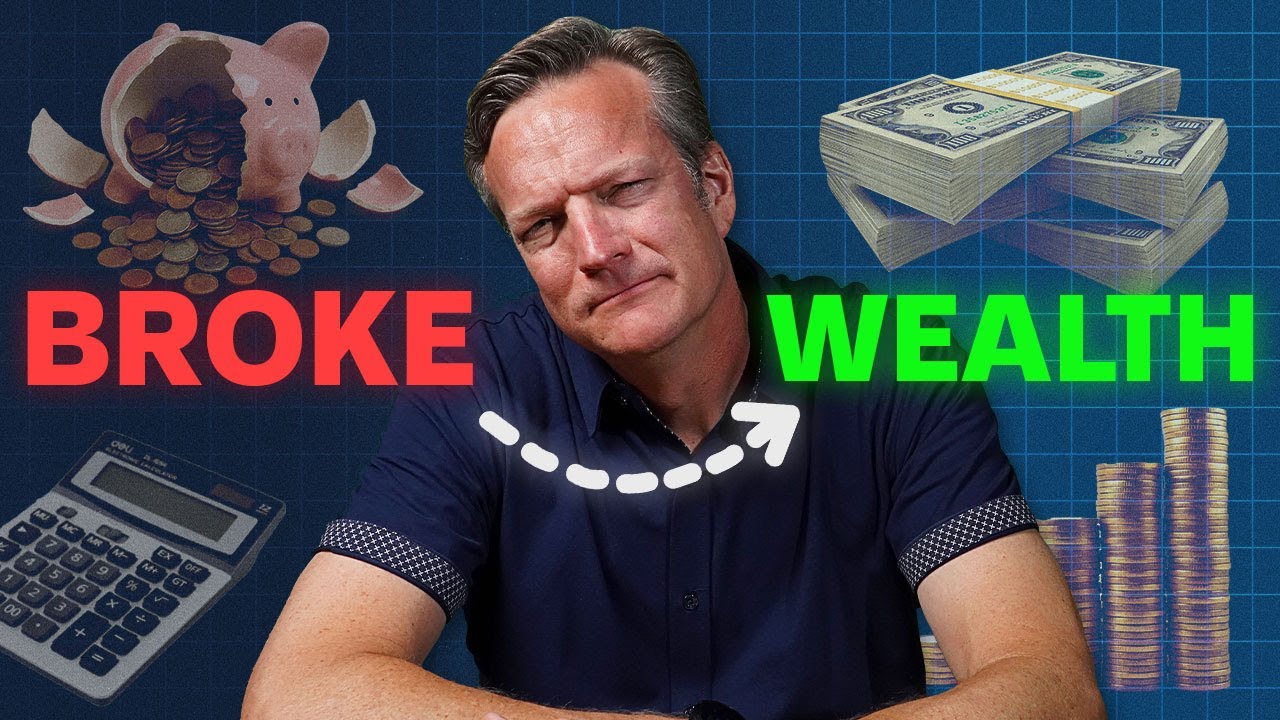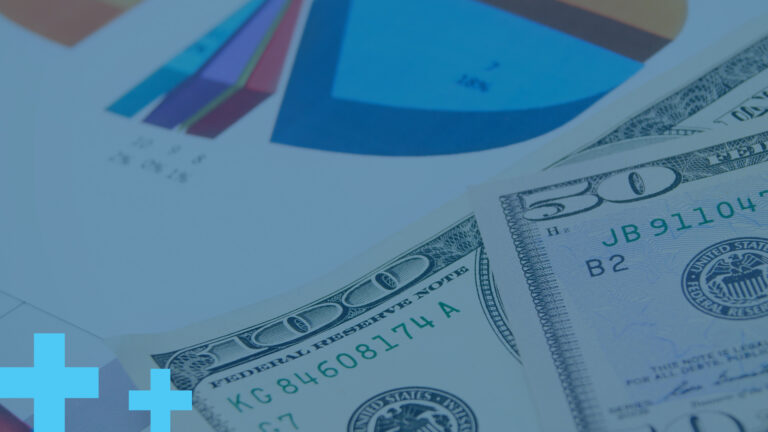All right, Kirkland’s question is up next. It says, “Do you invest differently in each account type like Roth, taxable, or 401(k), or do you just load up on similar investments in each one? What do you think?”
“Well, it depends,” there we go. I mean, think about when we did that social media and we’re walking down the street going, “I’m a financial advisor. Every question you answer me, I’m going to answer with ‘it depends.'” Because, Kirkland, of course how you invest is going to depend upon the account structure, but also it’s going to depend upon where you are in the timing of this. Because if you’re brand new to the journey of investing and letting your army of dollar bills grow and start working harder than you can with your brain, back, and hands, then the most valuable thing you can do is try to get as many recruited and working for you as possible.
Don’t even waste your mental horsepower and the calories of the way your brain processes to go out there and say, “Well, should I be buying S&P in this, but a bond index in this?” No, just get money into that index target retirement fund as fast as possible, because more money is going to be made by you increasing your savings every month than is going to be by trying to figure out the asset allocation. Especially if you’re doing like, and go look at, we did a show recently on how to start investing and we even went and pulled from Charles Schwab, we pulled from Vanguard, we pulled from Fidelity. Go look at every one of their index target retirement options, choose the one that you like its makeup, and then let it rip.
And then, yes, when you get to $500,000, $600,000, $700,000, you reach that critical mass where your money really is starting to make big things happen and you’re starting to make higher income where you’re in higher tax rates, then yes, by all means, we need to now talk about how taxable money is going to be different from tax deferred, and then Roth or tax-free money is going to be completely different. Maybe, Bo, you can give them a little taste of that.”
“Yeah, when you think about it, the way that you’re going to invest inside of those tax buckets is very much dependent upon the taxability of those buckets. So things that produce ordinary income, that pay out like coupon payments or pay out dividends that are taxed at ordinary income rates, you’re going to want to hold those inside your tax-deferred accounts, your traditional IRAs or your 401(k)s.
Anything that’s going to be like high growth and has a lot of appreciation potential, you’re going to want to hold that inside your Roth because you want the most growth in the most tax-advantaged account, the most tax-efficient account, so you can maximize the tax benefit. And then what you’re going to want to hold inside of your after-tax account are going to be those assets that either spit out qualified capital gains or don’t have a large income component to it, so you don’t actually have to pay taxes on an ongoing basis.
And if you can actually structure your portfolio in such a way that not only do you focus on the allocation and the types of assets that you’re buying, but also the location where you’re putting those assets, you’ll be amazed that even those small incremental changes can have a huge impact on your long-term financial well-being.”














